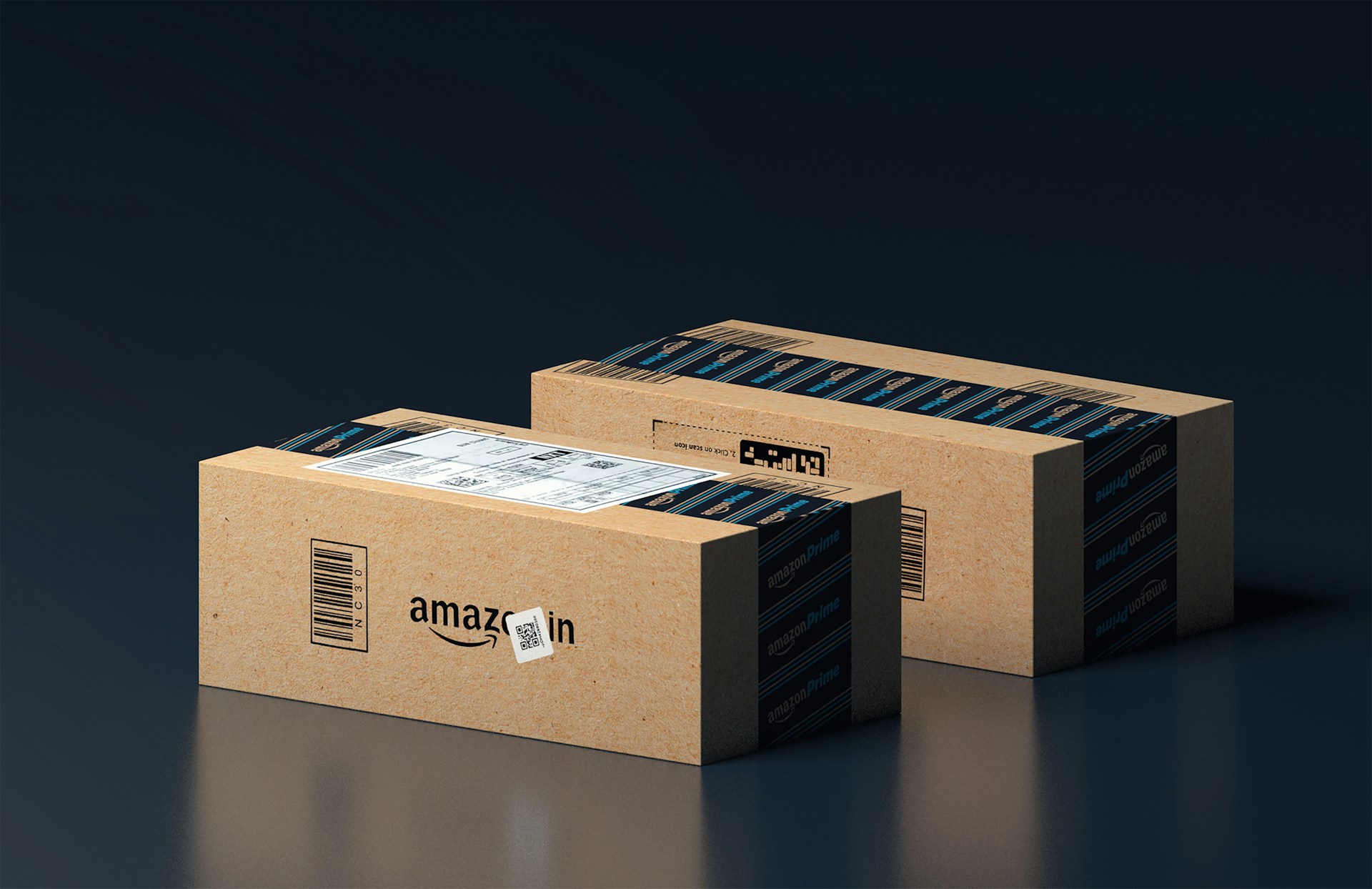Amazon and biotechnology firm Quincy Biosciences have secured a $1.9 million default judgment in a legal victory against online sellers of counterfeit dietary supplements. A federal judge in Washington ruled in favor of the companies after finding that unauthorized merchants had sold fake versions of Quincy’s brain health supplement, Prevagen, through the Amazon platform.
The judgment—totalling $1,895,375.40—marks a significant win for both Amazon and Quincy in the ongoing battle to protect consumers and brand integrity within the e-commerce ecosystem. Prevagen, marketed as a memory-support product, has become a high-profile target for counterfeiters, making this case particularly consequential in the growing market of health and wellness supplements.
Filed under trademark infringement and counterfeiting claims, the lawsuit alleged that the sellers knowingly misrepresented fake products as authentic Prevagen supplements, thereby misleading consumers and damaging Quincy’s reputation. Amazon, which has increasingly invested in anti-counterfeiting initiatives, joined the lawsuit to demonstrate its zero-tolerance policy toward illicit sellers on its platform.
The court issued the default judgment after the defendants failed to appear or respond to the allegations. The ruling not only awards damages to the plaintiffs but also permanently enjoins the counterfeiters from further infringing activity. Legal experts say the case sends a strong message to would-be violators that online platforms and rights holders are prepared to pursue aggressive legal remedies.
This ruling also underscores the challenges major retailers face in safeguarding product authenticity. Despite efforts to implement stricter seller verification, counterfeit health products continue to surface, raising consumer protection concerns. For biotech companies like Quincy, the stakes are even higher, as fake supplements can jeopardize user health, diminish consumer trust, and erode brand value.
Amazon has increasingly partnered with brands through initiatives like its Counterfeit Crimes Unit and Project Zero to enhance detection, takedown, and enforcement efforts. Victories like this one reaffirm the platform’s commitment to curbing the spread of fraudulent goods and protecting both consumers and legitimate sellers.
As counterfeit operations become more sophisticated, coordinated legal strategies between e-commerce platforms and brand owners will remain essential. The outcome of this case provides a blueprint for future enforcement and reflects an evolving legal environment where digital commerce and intellectual property law intersect.


